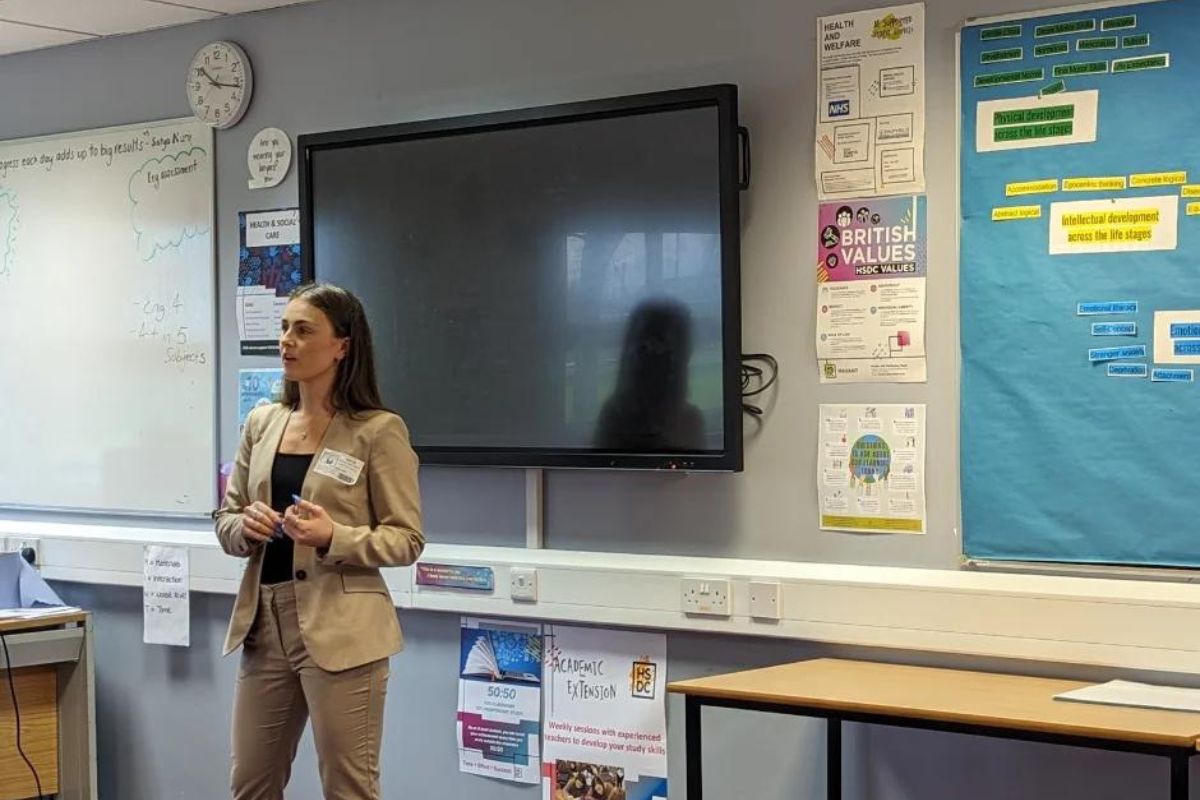EXPERTS SAY THIS EXAM SEASON SHOULD BE THE LAST OF ITS KIND

As GCSEs begin, the Independent Assessment Commission (IAC) – an expert panel of teachers, parents, academics, business and students – have wished young people sitting exams good luck, whilst also repeating how this year’s exam season should be the last in its current form.
Chaired by Prof. Louise Hayward, the IAC recently concluded a year’s research and work on the future of England’s Assessment System, producing the New ERA (Equitable, Reliable, Assessment) report which recommended fundamental changes and an end to a system that relies almost entirely on “high stakes” examinations.
Speaking ahead of the start of exams and an online Parents Webinar, Prof. Hayward said:
“On behalf of the IAC, I want to wish every student well for these exams and express gratitude to their teachers and those in parenting roles who have supported them to get to this point.
“For over a year our commission reviewed the current system and heard first-hand of the impact of the stress and anxiety that often accompanies exam season, certainly for those sitting exams, but also for their educators and families.
“The evidence we gathered was clear that the current exam system is no longer fit for purpose – serving neither young people, society or the economy adequately.”
“There is now a real, broad consensus that we need a system that moves away from the a qualifications’ system that relies so heavily on “high-stakes” examinations towards one that provides opportunities for all young people to demonstrate what they have achieved; with ‘academic’ and ‘vocational’ elements sitting seamlessly alongside accreditation for skills development. Exams are only one way of gathering evidence. For some areas they work well but not for everything that matters.”
“As these exams begin, it is time for the English education system to turn its attention to the future and to create a modern, inclusive and innovative system that prepares young people well for the next stage of their lives, in college, employment or university.
John Jolly, the CEO of Parentkind said:
“We were delighted to participate in and be involved with the Independent Assessment Commission. Our recent poll found that almost nine out of ten parents agree that it would be a good idea to change how we assess children’s performance in future, especially in light of the disruption to children’s education caused by the pandemic. There is a mental health impact on young people too: our Annual Parent Survey found that more than half of parents are concerned about exam stress and over a third say their child has experienced it.
“Parents are increasingly aware that the current education system doesn’t equip all pupils equally to reach their potential and move on to the next phase of their education or the workplace. They all want what is best for their children and many have ideas about what isn’t working and how assessment could be improved. That’s why we’re delighted to work with the IAC in presenting the parent voice on the crucial issue of how we measure children’s skills and abilities as this national conversation gathers pace.”
Robin Bevan former President of the NEU and Member of the IAC said:
“As a headteacher, I see every day the constraints put on educators by teaching that is unrelentingly focussed on high stakes end-of-course examinations. It narrows the curriculum and often takes away the love for subjects that inspires students and which takes people into teaching in the first place.”
“It’s no surprise that educators voted for a policy of changing the assessment system at the National Education Union conference. The IAC affirmed the NEU policy that change is needed. Reforms to assessment will benefit every young person.
“It will also help to attract and retain teachers, by developing their professionalism and providing greater job satisfaction and enhancing their role in helping students to develop further their skills in problem-solving, communication, critical-thinking and innovation”
“If we get a new era of assessment right, we won’t just help students but we will also retain teachers, providing greater job satisfaction. Well-managed change can also help ameliorate workload issues caused by intensive and repetitive preparation for endless examinations.”












Responses